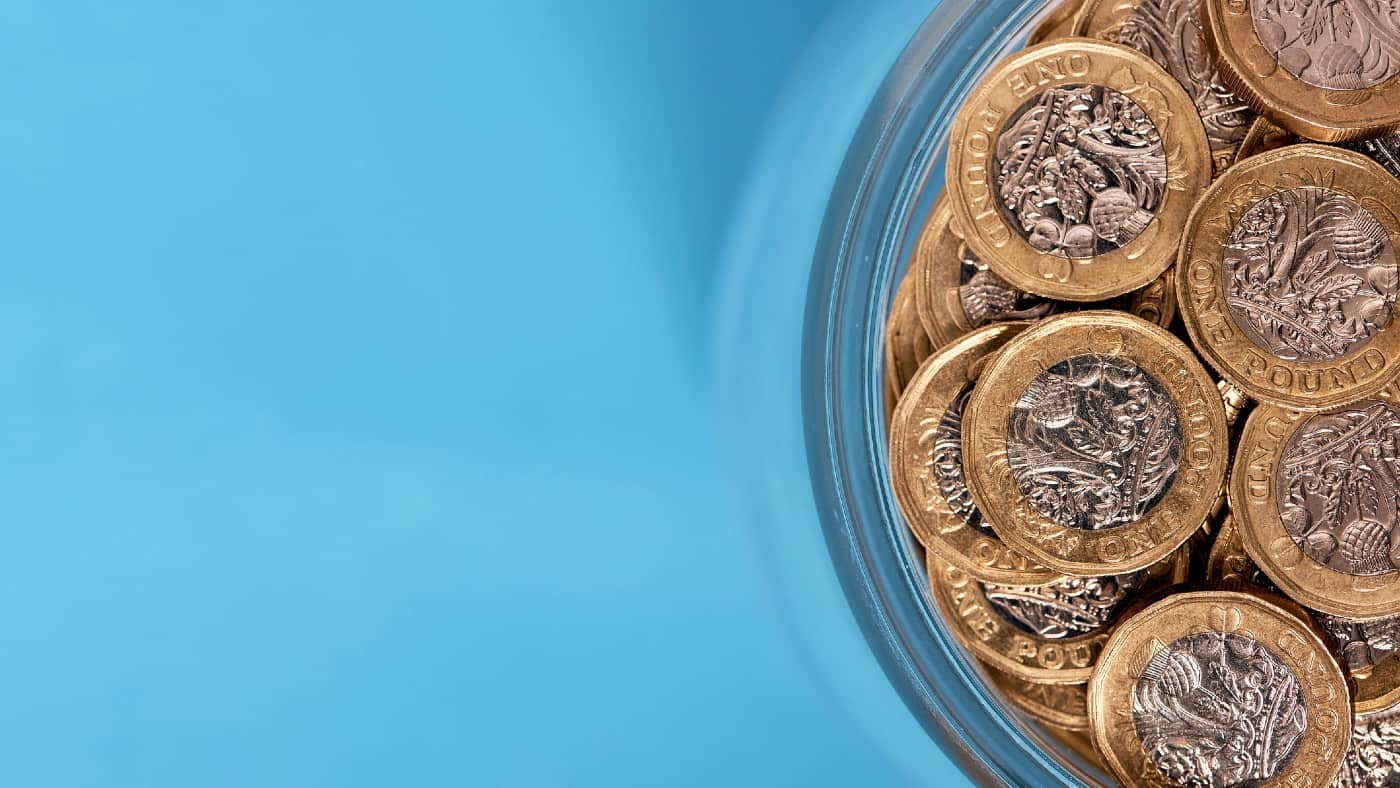Adding a second income levels up personal finances in a number of ways. Maybe people can afford to try that fancy restaurant, go on that dream holiday, or just treat themselves every now and again. I’ve found a company which could be a great way to build that second income, let’s take a closer look.
My pick is
There are plenty of companies that have a high dividend yield, but not all of these are in great shape. In today’s uncertain economy, I want a company with a strong track record, healthy financials, and a great strategy. HSBC (LSE:HSBA) ticks all these boxes for me. Founded in 1865, this business has pretty much seen it all.
Building a second income
By owning shares in HSBC, individuals are entitled to a generous 5.59% dividend, meaning that for every £1,000 invested, shareholders will receive £55.90 per year. By buying 1,775 shares at the current price of £6.08, investors receive £50 a month as a second income.
Why HSBC?
As noted, not all companies paying such a high dividend perform well in the stock market. Many are unable to innovate, or have large levels of debt.
HSBC has a price-to-earnings (P/E) ratio of 5.2 times, cheaper than the average company in the sector with a P/E ratio of 5.7 times. Another metric I like to use to quickly analyse a company is a discounted cash flow calculation, which calculates an approximation of fair price. This calculation suggests that the share price is as much as 59% below the fair value of £14.94.
So with HSBC able to pay a generous dividend while also potentially undervalued, there could be an income from dividends, but also gains in the value of the share price too!
The risks
It’s never possible to guarantee success in the market, but especially so in the banking sector. With many complex aspects to juggle, it can be hard to see what might be the next risk. As the 2023 regional banking crisis showed, issues can escalate quickly, impacting an entire sector. Fortunately, HSBC has been through many periods of uncertainty before.
Admittedly, earnings growth is expected to decline next year, roughly in line with the banking sector. However, I would attribute this to general uncertainty in the market, and concerns around the levels of personal and business spending in the coming year due to high interest rates.
For me, the key risk here is HSBC’s exposure to the Chinese property sector. With $13.6bn invested, the company could be seriously impacted if the recent decline worsens. CEO Noel Quinn suggests the worst is likely over, but nothing is guaranteed.
Despite the uncertainty, history has shown us that owning banks when rates eventually reduce can be very lucrative. With the dividend expected to be 11.0% in 2024, I think there could be some great potential for a second income, and also in the share price over the coming years.
Will I be buying?
I love companies like HSBC that have been able to weather the storm over decades. With so much uncertainty in the world, I want to own resilient companies that can help me build a second income while also performing well in the stock market. I’ll be starting a small position at the next opportunity.








